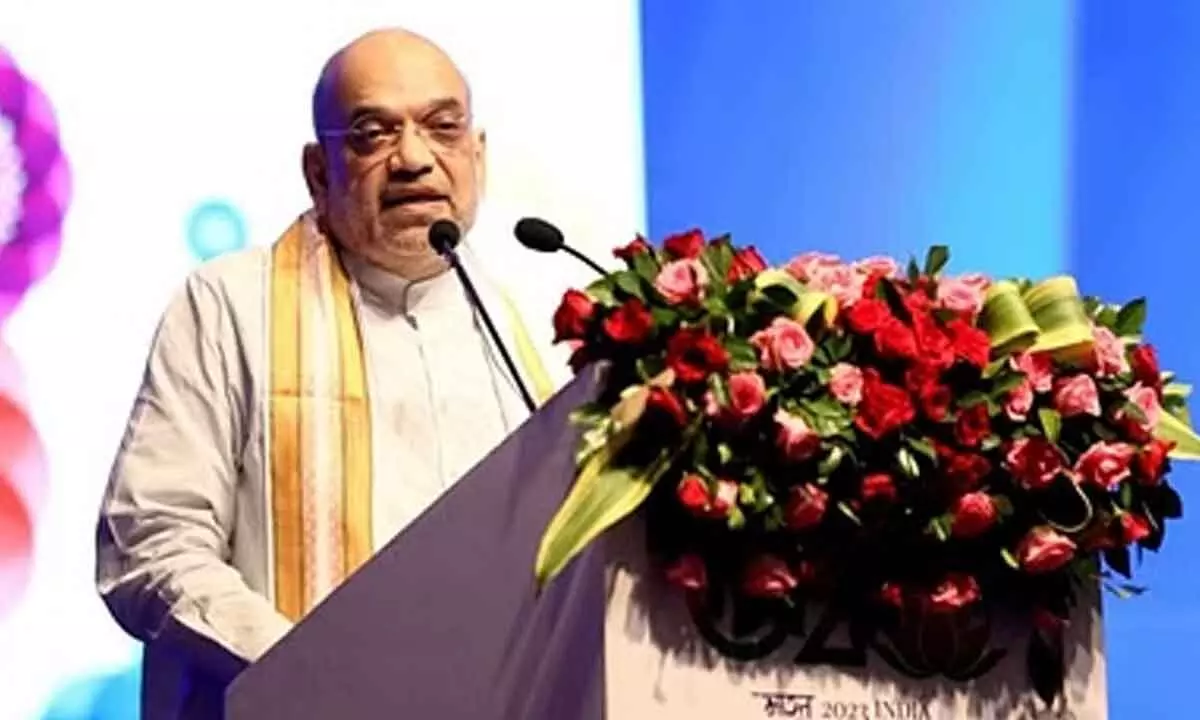Dynamite to metaverse, hawala to crypto challenges: Shah’s advice to G20 nations

Gurugram: Warning the global community about security challenges which have evolved from "dynamite to metaverse" and "hawala to crypto currency", Union Home Minister Amit Shah on Thursday asked G20 member countries to rise above conventional boundaries and share information on real time to check all crimes in the cyber space.
Speaking at the 'G20 Conference on Crime and Security in the Age of NFTs, AI & Metaverse', Amit Shah underlined the threats emanating from cyber criminals using darknet, metaverse, deepfakes, ransomware and toolkit-based misinformation campaigns and strategic targeting of critical information and financial systems.
Without taking names, Shah said some anti-social elements and global forces are using technology to cause economic and social harm to citizens and governments.
"The G20 has so far focused on digital transformation and data flow from an economic perspective, but now it is important to understand the aspects of crime and security, and find a solution," he said.
Shah said such activities are a national concern as they directly impact national security, law and order, and the economy. If such crimes and criminals have to be stopped, we have to think and act by rising above the conventional geographic boundaries, he noted. "Although technology is a positive development in bringing human beings, communities, and countries closer, there are also some anti-social elements and global forces that are using technology to cause economic and social harm to citizens and governments," he added.
The home minister suggested a slew of measures to act against cyber criminals operating across borders like bringing uniformity in laws of all countries, developing a response mechanism under different laws of the countries, harmonising bench marks, best practices and regulations, and greater coordination among cyber agencies of all countries.
"An integrated and stable approach to cyber security policies will facilitate interoperability, increase trust in information sharing, and reduce the agency protocol and resources gaps. The need of the hour is to share 'real-time cyber threat intelligence' among member countries with active support from industry and academia to secure the nation's critical infrastructure," he said.

